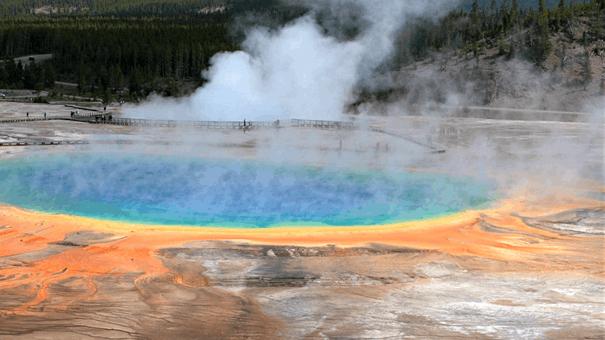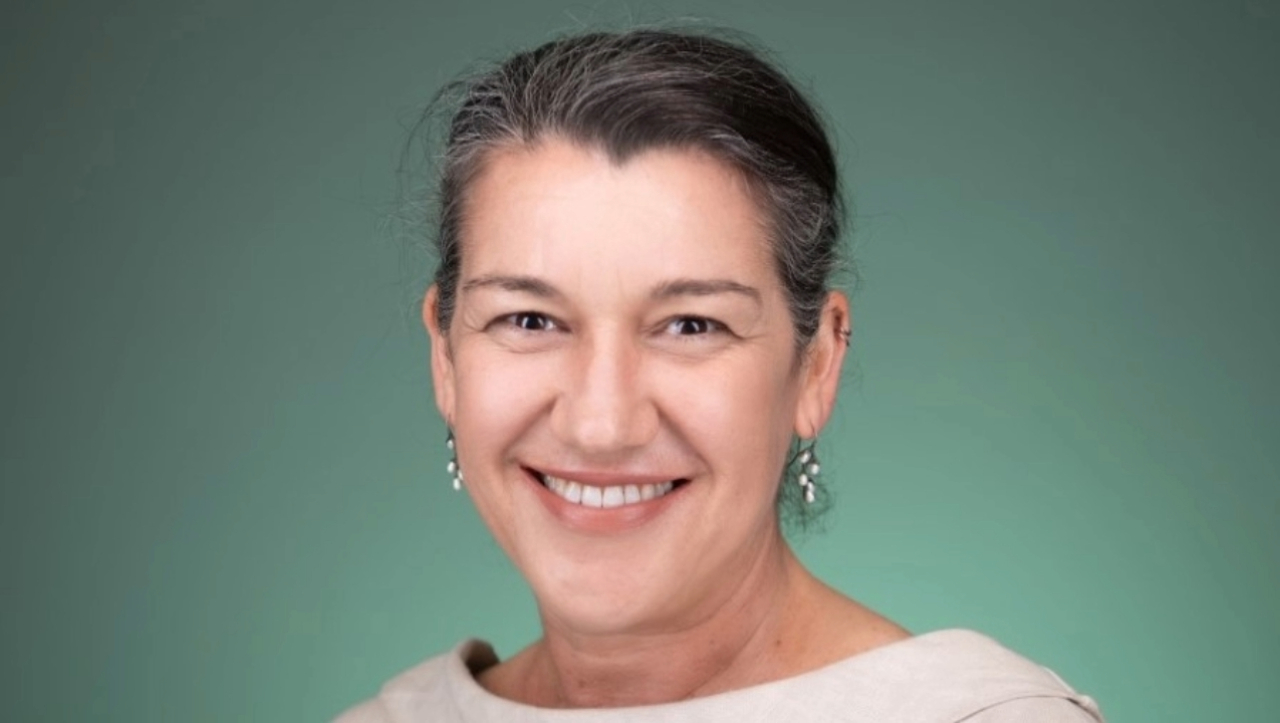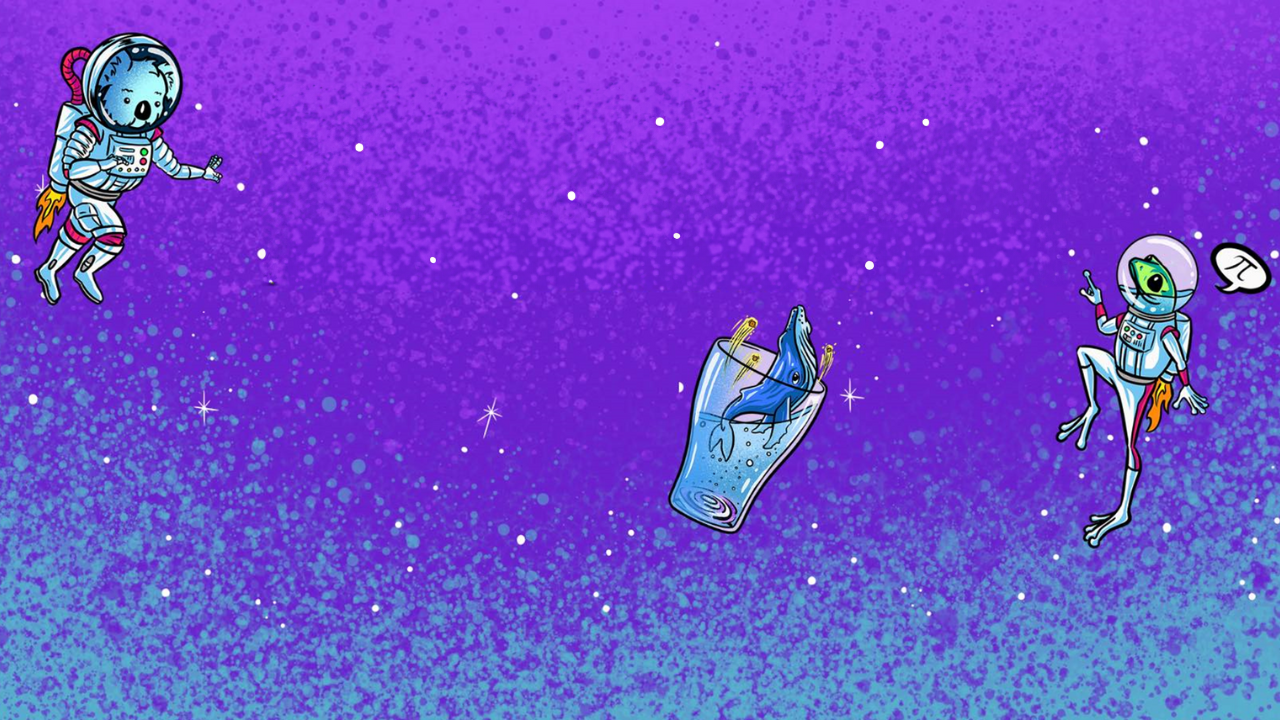The Origin of Life on Land: Revisiting Darwin’s Warm Little Pond

In what environment did life begin on Earth? In a letter to a friend, Charles Darwin suggested life first started in some “warm little pond” full of the organic building blocks and energy needed to create life. Since then, the discovery of deep sea hydrothermal vents, also known as black smokers, has led scientists to considered the deep ocean as the possible environment in which life got started.
However, a revolution in science is now under way with accumulating evidence that life may have actually originated not in the ocean after all but in an updated version of Darwin's pond: land-based hot spring pools. A novel scenario combining chemistry and computer science developed by David Deamer and Bruce Damer at the University of California, Santa Cruz together with new Australian fossil evidence discovered by UNSW researchers Martin Van Kranendonk and Tara Djokic has provided some of the foundations for this revolution.
During this public seminar, Deamer and Damer will present the dramatic scientific story of the quest to solve one of the great mysteries of science. With their UNSW colleagues they will suggest how life might start on other worlds and how this is inspiring a next generation of space missions to discover evidence for life beyond the Earth. A Q&A will follow, providing the audience the opportunity to engage with the presenters.
6 – 8pm – Wednesday 29 January
6:00 - 6:30pm - Refreshments in Foyer
6:30 - 7:40pm – Dave Deamer and Bruce Damer Presentation
7:40 - 8:00pm – Q&A session with Martin Van Kranendonk, Dave Deamer, Bruce Damer and Tara Djokic
This free event is hosted by UNSW Science at the Australian Centre for Astrobiology.
The Presenters
Professor David Deamer
David is a Research Professor in the Department of Biomolecular Engineering at the University of California, Santa Cruz, and has been studying the origin of life since the 1980s. A leader in the field of Astrobiology, his research suggests that life arose on land, in a terrestrial hot spring, rather than deep in the ocean.
His work includes pioneering the importance of hydration/evaporation cycles in RNA formation, investigating organic molecules on the Murchison Meteorite and co-inventing the Nano-Pore, a genetic sequencing instrument that is now used around the world, as well as on the International Space Station.
Dr Bruce Damer
Bruce is a multi-disciplinary scientist, designer and researcher at the University of California, Santa Cruz. He has collaborated on developing on a new hypothesis for how life began on the Earth, focusing on terrestrial hot springs as the driving force for the origin of life.
He also works with NASA and others on designs for new spacecraft which could open the solar system, giving a path for life beyond the Earth.
Professor Martin Van Kranendonk
Martin is a Professor of Geology and Astrobiology at UNSW and is the Director of the Australian Centre for Astrobiology and the Big Questions Institute.
His team investigates the earliest signs of life on Earth, and the environments it inhabited more than 3 billion years ago. This research is used by NASA and the European Space Agency in the search for life on Mars, and for understanding the origin of life on Earth.
Tara Djokic
Tara is a PhD candidate at the Australian Centre for Astrobiology at UNSW. As part of her graduate research she discovered direct evidence that indicates some of Earth's oldest life once thrived in hot springs on land - pushing back the record of land-based hot springs on Earth by approximately three billion years and supporting the theory that life started in land based hot springs.
Djokic's discoveries have also been used to help guide the search for life elsewhere in our solar system, including being involved in the site selection workshops for the NASA Mars2020 Rover.
Here is a link to a recent Ted Talk presented by Tara on her research



